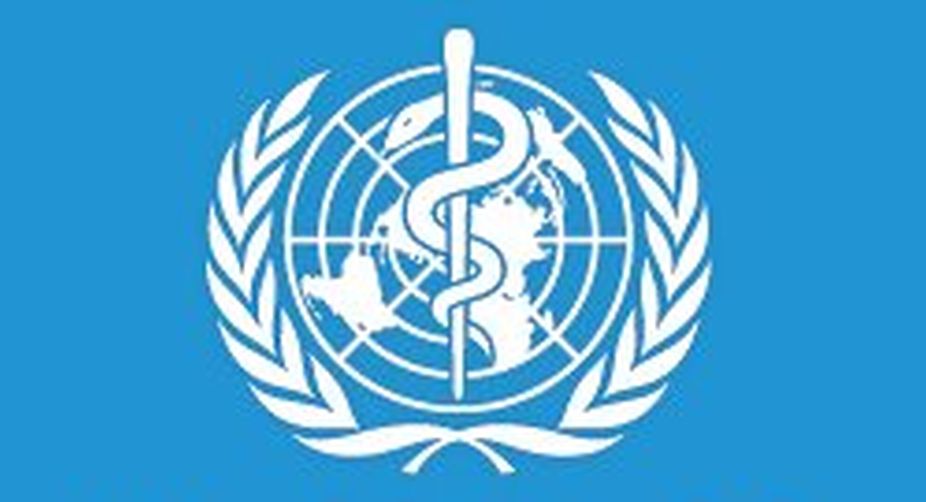The World Health Organization (WHO) is set to restart an international clinical trial of three existing drugs that can save the lives of people hospitalised with Covid-19. This time the trial is aimed dampening inflammation, an approach that has already shown promise, Nature reported.
The clinical trial, named Solidarity, was first announced on March 18 by WHO director-general Tedros Adhanom Ghebreyesus.
Advertisement
The latest trial will test three drugs that dampen inflammation — Infliximab, Imatinib and Artesunate.
All three drugs were carefully chosen on the basis of the promise they showed in smaller clinical trials and widespread availability, John-Arne Rottingen, scientific director of the Norwegian Institute of Public Health, was quoted as saying.
“You need at least promising signals that some of them will work. And we need to study drugs that we can deliver in a broad group of countries,” added Rottingen, who is also the chair of the Solidarity trial’s international steering committee.
The drug Infliximab is used to treat autoimmune conditions, including Crohn’s disease and rheumatoid arthritis. It blocks a protein called tumour necrosis factor alpha (TNF-I), which is released by immune cells called macrophages and promotes inflammation.
The second in the trial is Imatinib, a cancer drug. Researchers hope that it will target both the Coronavirus and inflammation, blocking viral infiltration of human cells and reducing the activity of pro-inflammatory proteins called cytokines. And the third drug to be tested is Artesunate — an anti-malaria drug with potential anti-inflammatory effects, the report said.
Each of these drugs will be given alongside standard care, Rottingen said.
However, researchers must be careful that all these drugs do not suppress immune responses so much that people become vulnerable to other infections,said Djillali Annane, an intensive-care physician at the University of Versailles in Saint-Quentin-en-Yvelines, France.
The first Solidarity trial aimed to compare the effectiveness of four drugs and drug combinations — remdesivir, interferon, the malaria drug hydroxychloroquine, and a combination of HIV drugs called lopinavir and ritonavir — in treating Covid-19.
By October, the trial had enrolled more than 11,000 participants hospitalised with Covid-19 in 30 countries. But the researcher found that none of the four drugs saved lives or shortened hospital stays.










